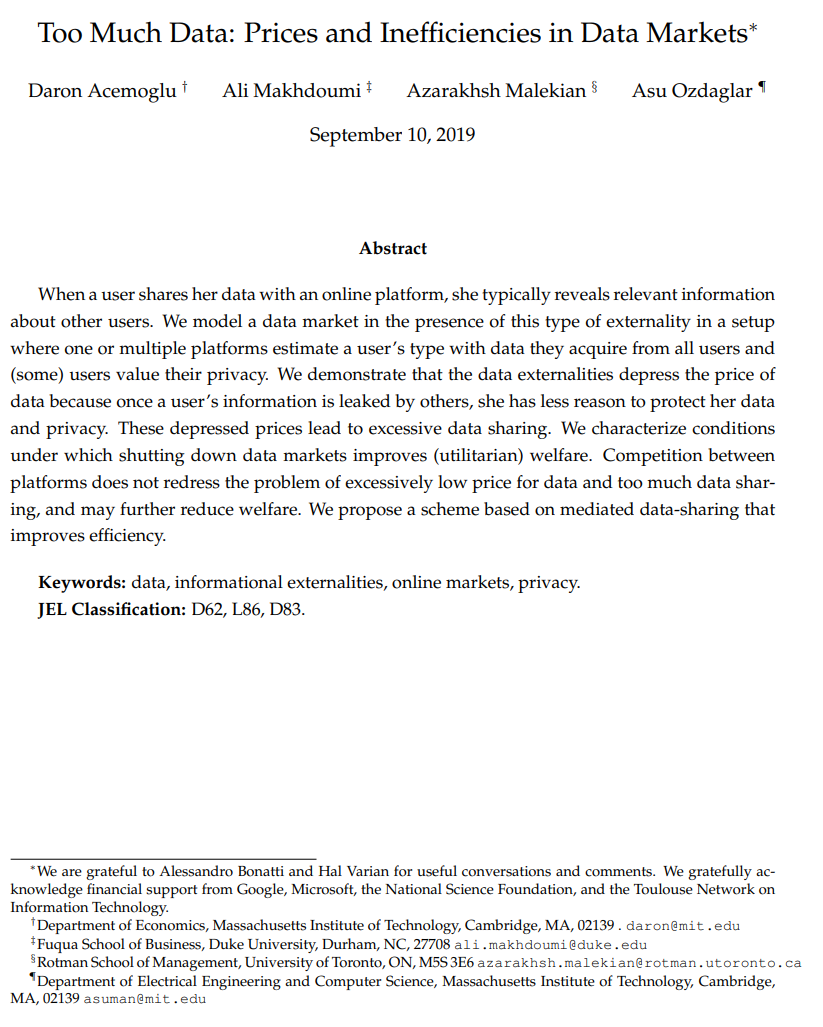
There’s this @ecipe study (funded by Google) making the rounds, alleging that the European Commission's DSA will cost 2 million jobs and €85 billion per year in lost GDP! That’s a lot.
So I looked into it.
1/
So I looked into it.
1/

Dubious methodologies and identification, but let’s ignore them. The core of the study is this: they have a bunch of country-sector EU data from 2010 to 2017. They estimate some TFP and see how TFP is affected by an “ex ante regulation” dummy that covers the period 2015-2017.
2/
2/
What happened 2015? Explanation buried in footnote 3: “Regulation 2015/2020 shifts the general antitrust regulatory approach from ex post to a universal ex ante obligation in the EU telecom sector.”
3/
3/
I’ve studied telecoms my whole professional life and I can tell you: *nothing* changed in EU telecoms regulation in 2015 that brought regulation from ex post to ex ante.
This study is just ridiculous. Can journalists please avoid even mentioning it? Much appreciated.
Fin/Ciao
This study is just ridiculous. Can journalists please avoid even mentioning it? Much appreciated.
Fin/Ciao
• • •
Missing some Tweet in this thread? You can try to
force a refresh








